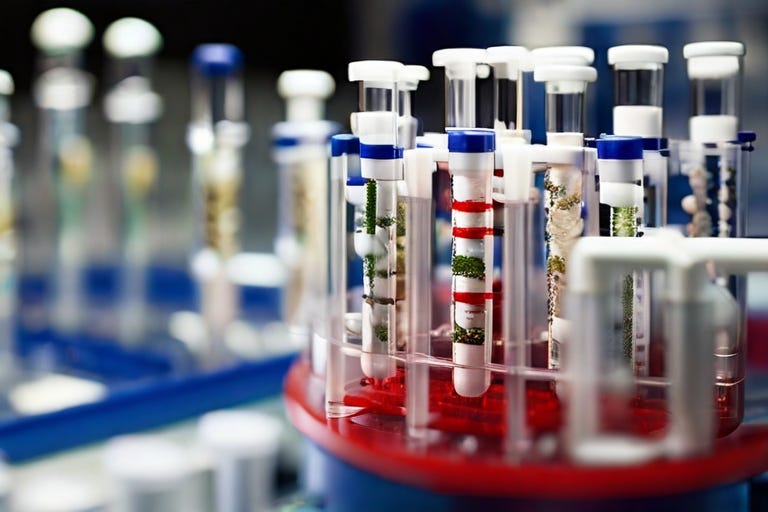Obsession with methods in microbial ecology
Striving towards bare minimum technique awesomeness
New tools in science are important, since they allow us to measure things we previously couldn’t, asking questions we couldn’t have addressed otherwise.
My lab intersects with the field of microbial ecology, which in many ways is a methods-driven scientific discipline. The progress has been breathtaking, with high-throughput sequencing revolutionizing what can be done during the last decades. During the last years the new kid on the block has been metagenomics, a technique being rapidly adopted in many labs across the world (including ours) and once again offering new opportunities.
Without a doubt this progress is fantastic, and should be embraced. But things can get out of hand. What should be most important is the quality and novelty of the questions you ask, not that you apply the latest methods.
When I was a young assistant prof at University of Montana, surrounded by microbiologists and biochemists, it was not uncommon for scientists to be judged by the methods they used, rather than the questions they asked. I found this odd. In my mind the question should be the most important element, and since then this sense of the primacy of the question has stuck with me.
Of course sometimes the two, the question asked and the method used, go hand in hand. Anything having to do with method development and refinement is in that category, and this work is essential for making progress. Also, if you can only answer your question using a novel method, it goes without saying that this is what you should pursue.
But just applying some fancy technique for the sake of the technique strikes me as strange. And I think this does happen quite a lot.
This is perhaps why I am fascinated by simple experiments that are built on a cool idea, experiments that can be carried out with the simplest of means. I realize this is often not an option, especially in microbial ecology, but it is also not impossible.
A couple years ago, at a reception of the Leopoldina in Halle, Lars Chittka, professor at Queen Mary University of London, told me that almost all of their experiments could have been done exactly like this 100 or 200 years ago (I don’t recall the number exactly). I for some reason found this very amazing. Ok, his group works on bee behavior, which is a bit different from our realm. But still, I thought this was profoundly fascinating. I think there are many questions also in our field like this, waiting to be thought of.
Should we design experiments that could have also been done 100 years ago?
So should we think of questions that could specifically be addressed with the simplest of techniques, so that they could have been done 100 years ago? I think this would perhaps be a strange challenge, but also fun to think about (and maybe a motor for creativity). What I believe is productive, though, is to give questions and new ideas their proper credit. No, we don’t need to sequence everything all the time.
Of course it is not acceptable to use an outdated method that gives you the wrong answer; this is not what I’m propagating. Obviously, it is no use assessing soil fungal communities using culture-based methods just because it is ‘simpler’; this simply doesn’t work, now that we know better, and there is no sense going back.
I think what we need is something like a ‘minimally amazing method approach’ or *bare minimum method awesomeness’. A method that is just sufficiently state-of-the-art to be useful for addressing your question.
What do you think? How is the situation in your field, if you’re not in microbial ecology? Please let me know in the comments…



Interesting post, food for thought. I have just started my PhD in grassland restoration and seeking for methods to use in my research particularly in microbial and plant communities. I agree with you that the simpler the best, of course with certain nuances. However, to be successful and publish own research data we are forced to use novel methods. Moreover, we reference last 10 years published papers and majority of them use new methods. Therefore, for proper citation need to follow how they do, specially for young researchers.
P.S. I like your articles and find them useful for myself.
Great post. When designing experiments we always ask "What else can we take away?" There's a point where the answer is 'nothing,' then we stop designing and start doing. Why? It's cheaper, more efficient, and generally easier. The same knowledge is generated.